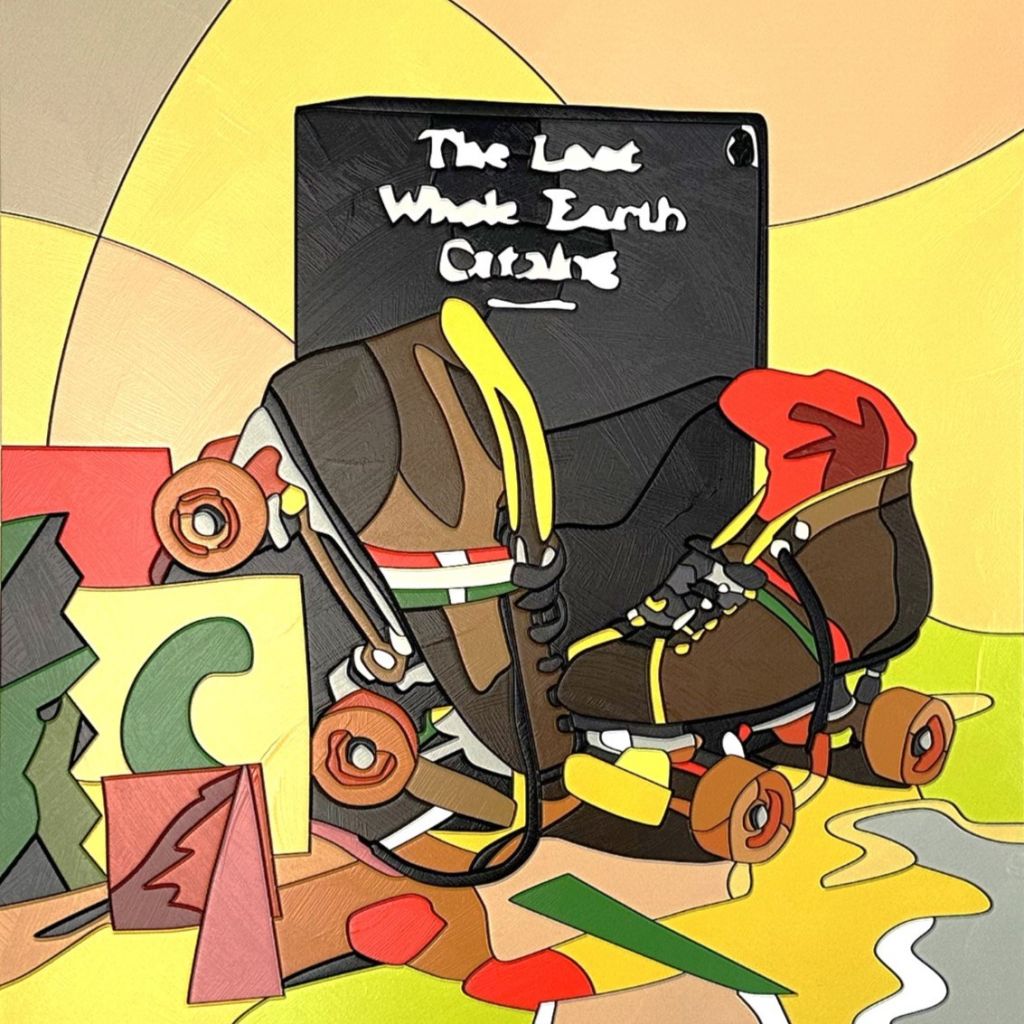
Ugo Nespolo
Ugo Nespolo was born in Mosso (BI), graduated from the Accademia Albertina di Belle Arti in Turin, and obtained a degree in Modern Literature. In the late 1960s, he was associated with the Galleria Schwarz in Milan, which included artists such as Duchamp, Picabia, Schwitters, and Arman. His first Milanese exhibition, curated by Pierre Restany and titled "Macchine e Oggetti Condizionali" (Machines and Conditional Objects), in a way, encapsulated the atmosphere and innovations of the group that Germano Celant would later term "Arte Povera."
In the 1960s, he moved to New York, where he immersed himself in the cosmopolitan life of the city and was influenced by the emerging Pop Art movement. In the 1970s, he was involved in conceptual and Arte Povera circles. In 1967, he became a pioneer of Italian Experimental Cinema after meeting Jonas Mekas, P. Adams Sitney, Andy Warhol, and Yōko Ono, following the New American Cinema movement. Alongside Mario Schifano, Nespolo dedicated himself to Avant-garde Cinema and between 1967 and 1968, he produced numerous films featuring friends and colleagues such as Enrico Baj, Michelangelo Pistoletto, and Lucio Fontana.
In Paris, Man Ray gave him a text for a film that Nespolo realized under the title "Revolving Doors." His films have been screened and discussed in major museums including the Centre Pompidou in Paris, the Tate Modern in London, and the Venice Biennale. Together with Enrico Baj, Nespolo founded the Patafisico Ticinese Institute and is recognized as one of the leading authorities in the field.
In the late 1960s, with Ben Vautier, he initiated a series of Fluxus Concerts, including the first Italian concert titled "Les Mots et les Choses" (Words and Things). Despite American influences, Nespolo remained faithful to the teachings of European Avant-gardes, particularly influenced by Fortunato Depero, from whom he drew the concept of a playful art that pervades every aspect of daily life.
His interest in design, applied art, and creative experimentation extended to various fields such as advertising graphics, illustration, clothing, opera sets, and costumes. His research also spanned different materials including wood, metal, glass, ceramics, fabric, and alabaster. As an intellectual, Nespolo studies and writes extensively on aesthetics and the art system.
In January 2019, the University of Turin awarded him an Honorary Degree in Philosophy. His art is closely linked to everyday life and rich in conceptual contributions; "one cannot make art without reflecting on art." The object is at the center of his research, serving as both expressive medium and creative language, extracted from its common use and elevated to the status of artwork.
Similarly, Nespolo does not forget the past; he revisits it, reinterprets it, and makes it relevant through citation and evocation, giving it new life and making it a subject of reflection.

